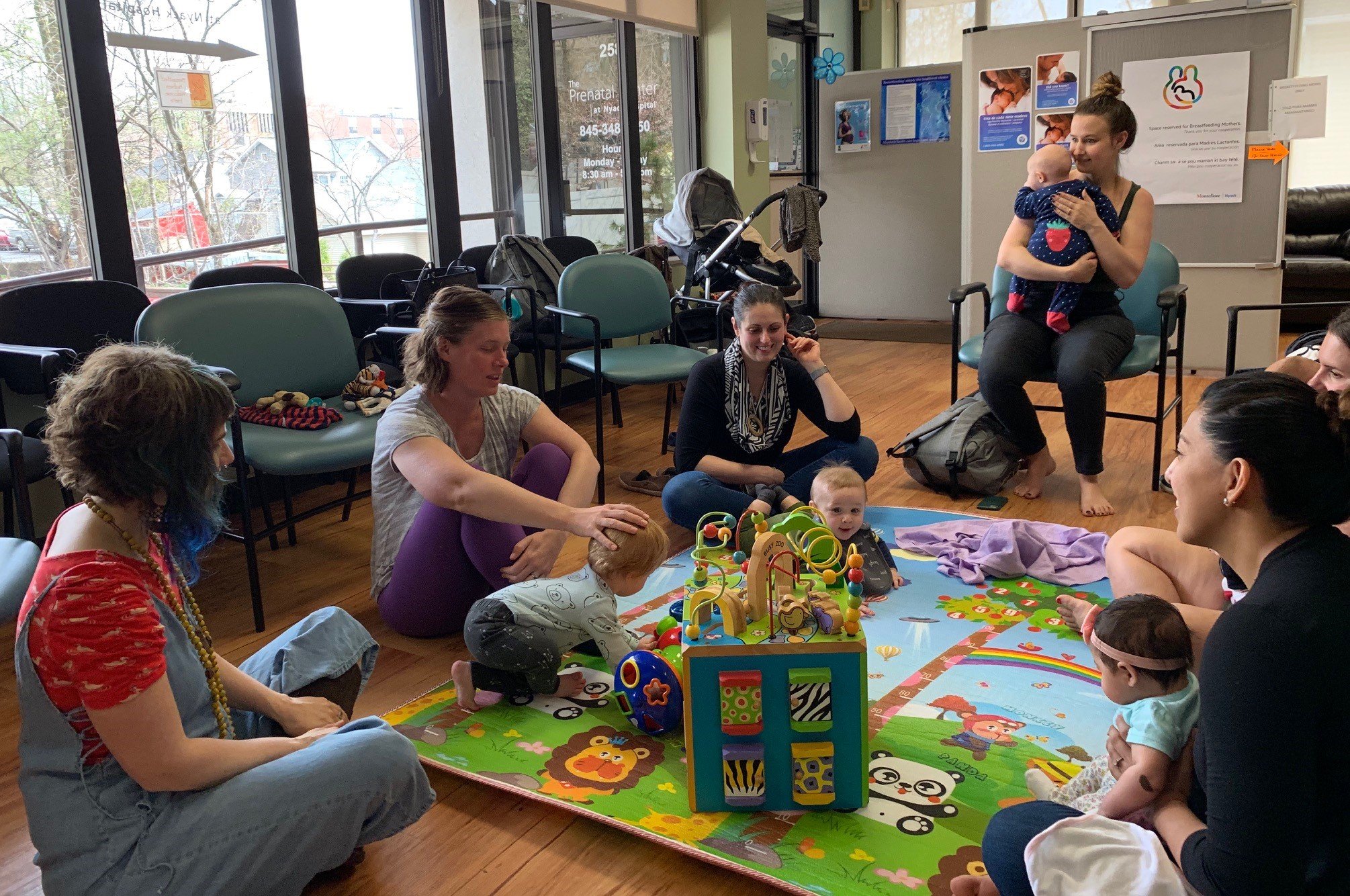
Infertility Awareness Week: It's Time to Have the Talk with Your Doctor
Nearly 79% of survey respondents have never had a discussion with their doctor about fertility.
Get the Best Winter Activities
- Has the center consistently reported to the CDC and SART with delivery rates at or above the national average?
- Does the center routinely perform comprehensive chromosome screening (CCS) for embryonic testing?
- Does the center routinely perform trophectoderm embryo biopsy when genetic screening is indicated?
- Does the center account for endometrial synchronization during time of embryo transfer?
- Does the center limit the number of embryos transferred to one or two in all patients at all times?
"For any given practice, the strength lies in the embryology lab," says Shefali Mavani Shastri, M.D., F.A.C.O.G., board-certified reproductive endocrinologist, obstetrician and gynecologist at RMANJ. "How strong is the embryology lab? How strong is the research the practice is conducting? Is this a leading practice that has established the new standards or one that is lagging behind clinically five or ten years? All of these factors, and more, make a patient’s experience."
Options for Infertility Treatment
Infertility treatments and processes available today include frozen embryo transfer, endometrial synchronization, and comprehensive chromosome screening.
"The goal of infertility treatment is for each patient to have one healthy child at a time," according to the American Society for Reproductive Medicine. The rate of twin pregnancies is 20 times greater when using assisted reproductive technologies than when naturally conceiving. In order to focus on the safest and most viable goal of one healthy child at a time, RMANJ has been trying to pioneer and perfect the art of Single Embryo Transfer, according to Dr. Molinaro.
"Patients always ask, 'why don't you just put back two embryos,'" says Maria F. Constantini-Ferrando, M.D., P.H.D., F.A.C.O.G. board certified reproductive endocrinologist, infertility specialist, and obstetrician and gynecologist at RMANJ. "The basic answer is that we don't have to. We used to put back multiple embryos because we wanted to increase pregnancy rates, but now we're all about safety, delivery, and making families."
Another area of advancement is freezing eggs. What a lot of women don't know is that the entire process of freezing your eggs only takes less than two weeks and can cost as little as $100 a month, according to Dr. Molinaro.
"Freezing eggs is an opportunity for women to empower themselves to have a family when they're ready to," says Marcy F. Maguire, M.D., F.A.C.O.G., board-certified reproductive endocrinologist, obstetrician and gynecologist at RMANJ. "You can reserve your fertility at whatever age you're at—hopefully late 20s to mid 30s—and delay childbearing to when you're ready."






.jpg)

